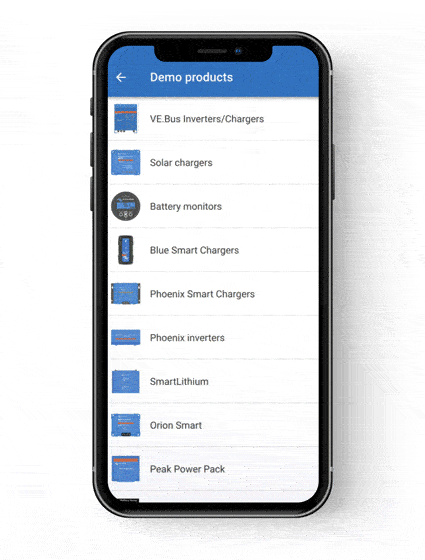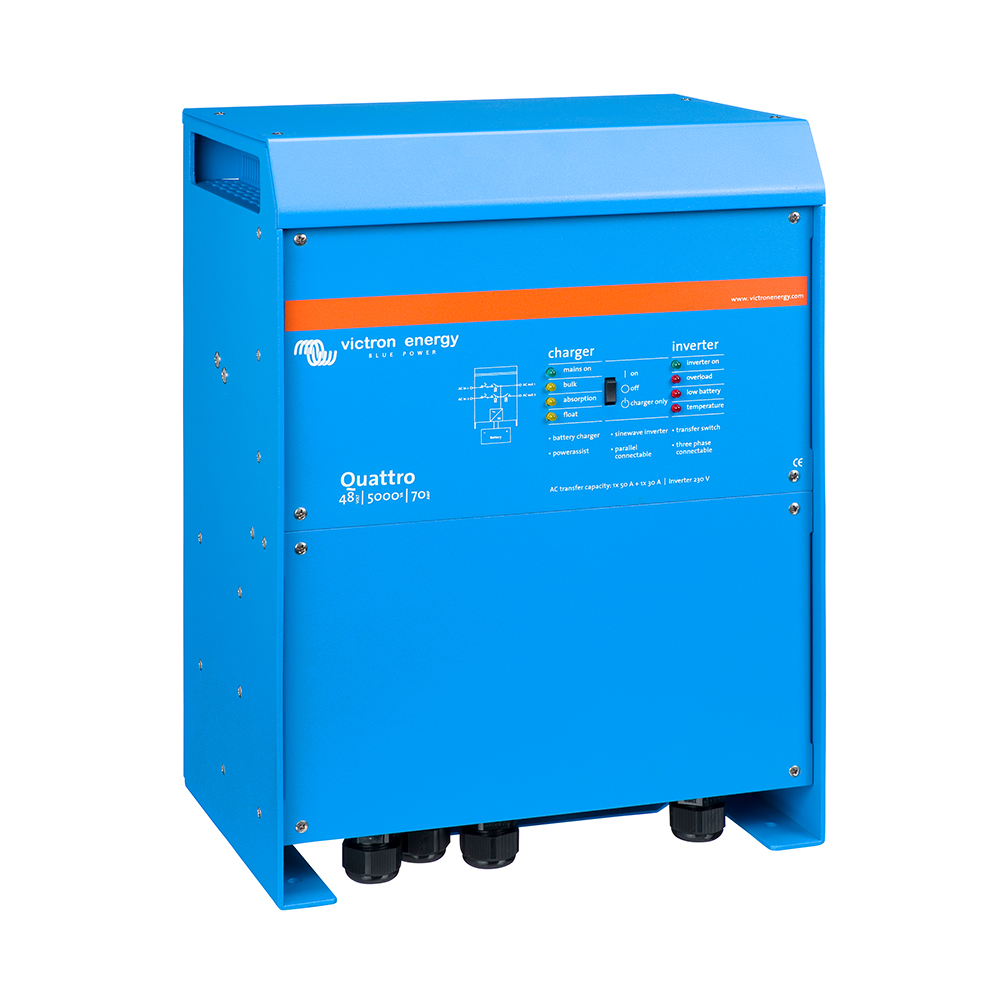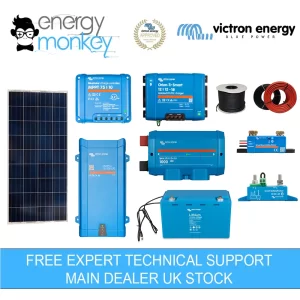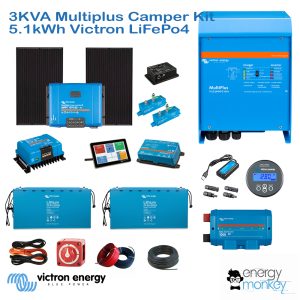Energy Consumption
When designing your off grid system the first thing that you need to think about is what it is that you want to power on a daily basis and how long for. We have produced a calculator that calculates the amount of energy consumption and how much battery storage you will require to store that energy that you will need to be able to run your everyday appliances. Please contact us to go through this.












